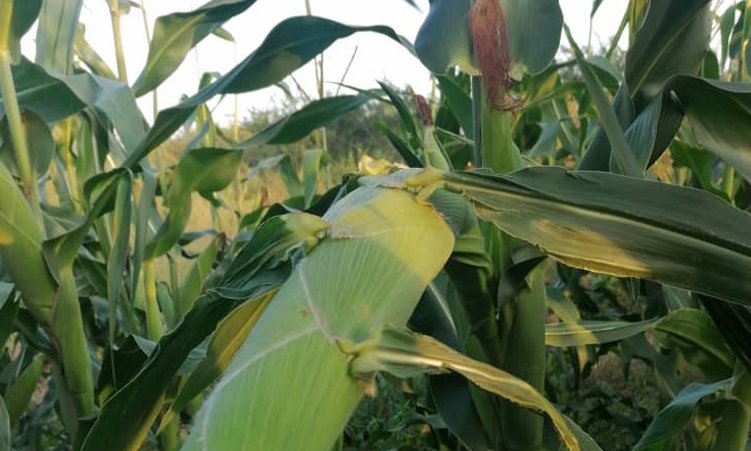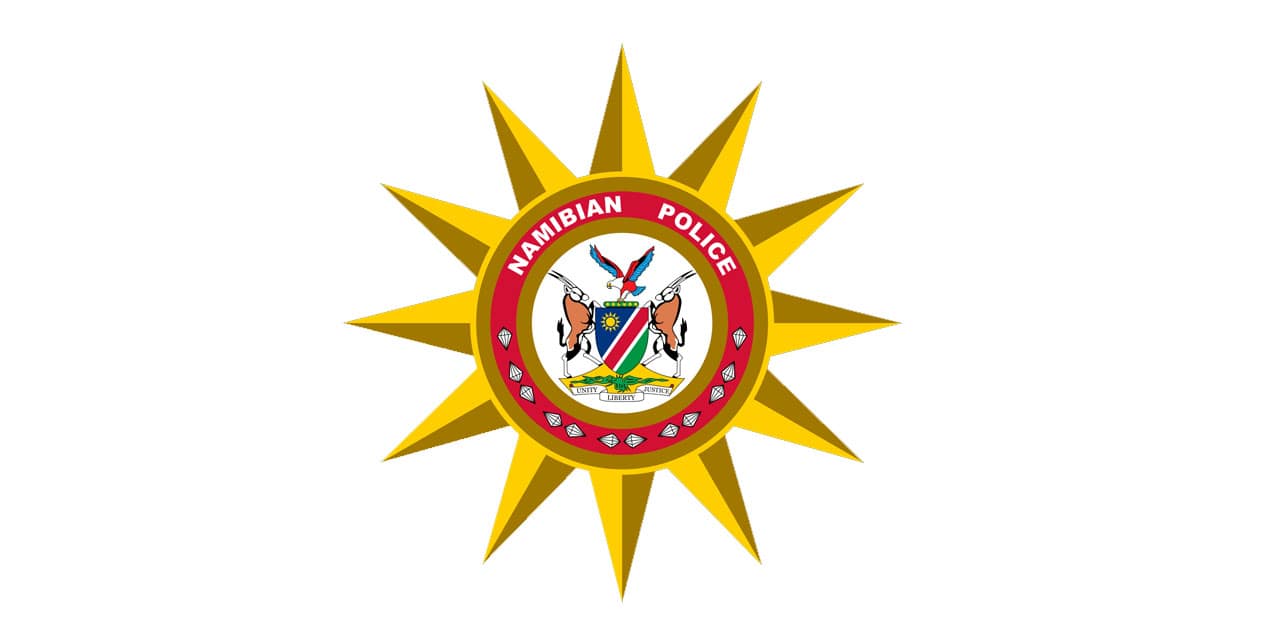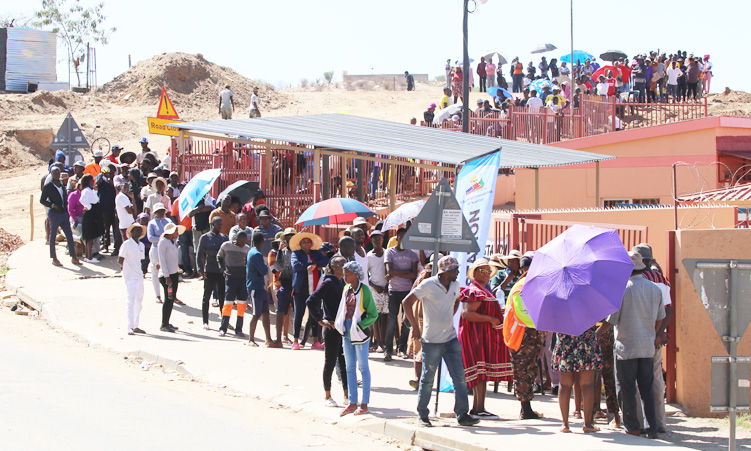The United Nations’ Food and Agriculture Organisation (FAO) is collaborating with partners on a pilot project aimed at enhancing the accuracy, accessibility and readiness of crop production data, using remote sensing yield forecast models.
According to a statement issued by the organisation, it is partnering with the University of Maryland (UMD)/Nasa Harvest, funded by the United States Agency for International Development’s bureau of humanitarian assistance on a project called ‘Improved Yield Estimates to Inform Agricultural and Food Security Interventions’.
The objectives of the project include providing better yield estimates for agricultural and food security interventions in Namibia, improving the analytical capacity of stakeholders, and generating early warning information for targeted agricultural interventions.
Since November 2022, the Ministry of Agriculture, Water and Land Reform, in partnership with the FAO and UMD/Nasa Harvest, has been carrying out field data collection across the Oshikoto, Oshana, Ohangwena, Omusati, Kavango West, Kavango East and Zambezi regions.
The data collection focused on agricultural input availability, preliminary crop estimates and post-harvest assessments to determine actual harvest yield.
Smallholder farming and subsistence agriculture are prevalent in these regions, making them vulnerable to climate change and other environmental factors.
The harvest project aims to collect accurate data on crop yields and other relevant information to provide tailored interventions that address the specific needs of farmers in these regions.
“The accurate data on crop yields and other relevant information collected through the project will enable the FAO, UMD/Nasa Harvest and the agriculture ministry to provide tailored interventions that address the specific needs of farmers in the regions,” says Gift Kamupingene, the FAO’s national project coordinator.
“The sample size has significantly increased, allowing us to achieve broader coverage of farmers and obtain reliable responses,” said Johanna Shapwa, agro business analyst in the ministry.
Shapwa said the use of remote sensing technology has facilitated the collection of extensive and timely data, thereby enhancing the capacity of the government to analyse and consider potential interventions.
“The project’s use of advanced technologies and data collection efforts will contribute to addressing the challenges faced by farmers in Namibia,” she says.
Agriculture plays a significant role in the country’s economy, employing a large portion of the rural population, but climate change, soil degradation, and low productivity pose risks to food security and sustainable development.
Namibia, Malawi and Kazakhstan have been selected for the pilot project.
– email: matthew@namibian.com.na
Stay informed with The Namibian – your source for credible journalism. Get in-depth reporting and opinions for
only N$85 a month. Invest in journalism, invest in democracy –
Subscribe Now!






